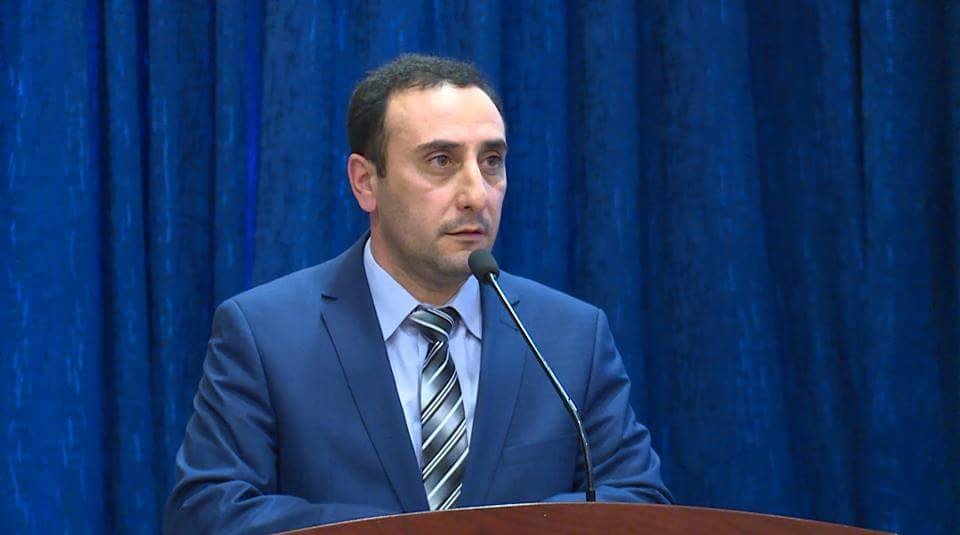Baku, September 13
Azerbaijani historian and political analyst Rizvan Huseynov said Russia’s regional influence is faltering because it lacks an appealing exportable idea, arguing that Moscow has fallen back on coercion where “soft power” should have worked.
Speaking on the Daily Europe Online YouTube channel, Huseynov framed current Russia–Azerbaijan relations as “cold but stable” and predicted only limited near-term improvement.
Huseynov said the Kremlin’s efforts over the past two decades to promote a unifying “Eurasianism” never took hold beyond rhetoric, in part because Russia’s elites “kept their wealth and families in the West,” undermining their own narrative. That ideological vacuum, he argued, helped push Moscow toward confrontation – first with Georgia and later with Ukraine.
Turning to bilateral issues, Huseynov said a true reset between Baku and Moscow would have required accountability over the downing of an Azerbaijani aircraft and compensation “at the state level.”
In his view, the Kremlin’s reaction to President Ilham Aliyev’s recent description of the czarist and Soviet eras as “occupation” also showed Moscow is not ready to normalize ties. For now, he forecast a prolonged period of guarded, businesslike engagement.
On Armenian politics, Huseynov dismissed former president Serzh Sargsyan’s talk of forcing Prime Minister Nikol Pashinyan from office as “Kremlin theatre,” arguing that repeated attempts by Armenia’s old guard to unseat Pashinyan have failed.
He said Armenian public sentiment after the 44-day war has shifted toward stability and a negotiated peace with Azerbaijan, and he credited Pashinyan with reading that mood.
Huseynov further contended that Armenia’s long-term security would be better served by limiting – and eventually ending – the presence of Russia’s military base in Gyumri, which he characterized as a standing risk to Armenian sovereignty and regional projects.
He urged Yerevan to “clean house” of external military leverage and deepen regional economic links, including with Türkiye and Azerbaijan.
The analyst also commented briefly on U.S. domestic debates around crime and politics and criticized Israeli Prime Minister Benjamin Netanyahu’s approach to the Gaza war, arguing it risks isolating Israel and widening the conflict. He framed those points as examples of how leadership choices can erode international support.
Huseynov closed by urging practical, interest-based cooperation in the South Caucasus and fewer illusions about outside patrons. Peace, he said, rests on transparent accountability, economic interdependence, and political will in Baku and Yerevan – rather than on “borrowed” security guarantees.


